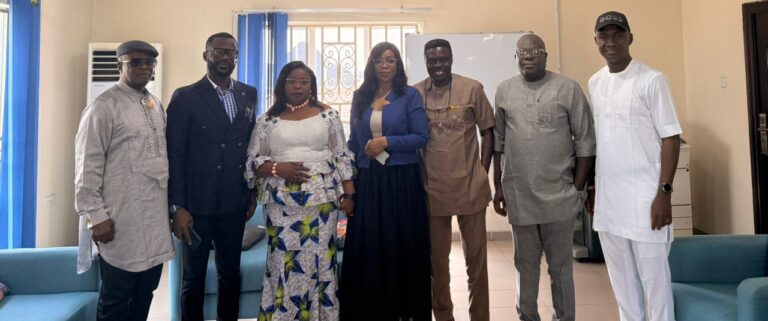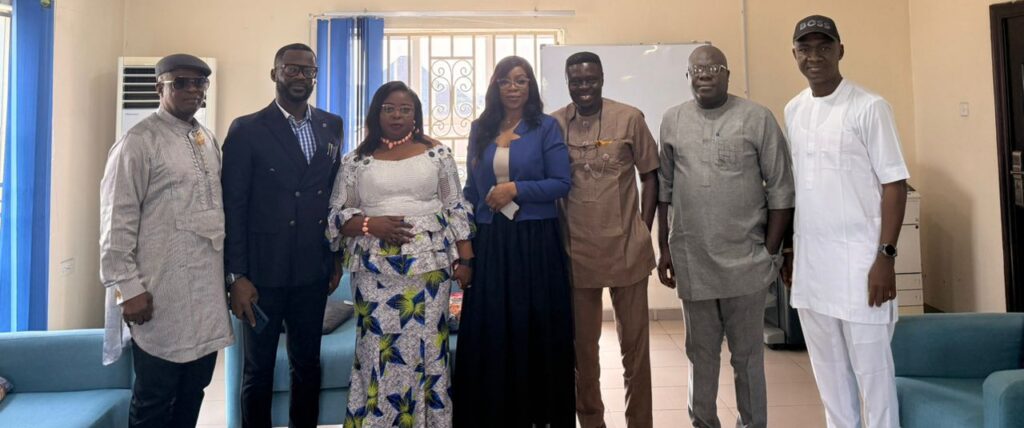Taxation is a critical component of any economy, serving as a primary source of government revenue. In Nigeria, the question of who is really paying taxes has been a subject of intense debate. This analysis explores the intricacies of Nigeria’s tax system, focusing on the impact of former Lagos State Governor Bola Tinubu’s taxation policies and their implications for government revenue. The recent rise in Company Income Tax (CIT) revenue, cited in the Nigerian Vanguard Newspaper (“VAT, Company Income Tax rise 105% to N2.4trn in Q1’24”), and the broader economic context could be attributed to Tinubu’s comprehensive understanding of Nigeria’s taxation landscape.
During Bola Tinubu’s tenure as Governor of Lagos State from 1999 to 2007, he implemented a series of reforms that transformed the state’s revenue generation capabilities. His administration focused on broadening the tax base, improving tax collection efficiency, and reducing reliance on federal allocations. These reforms laid the foundation for Lagos State to become one of the most financially viable states in Nigeria. Lagos State’s internally generated revenue (IGR) increased from approximately N600 million per month in 1999 to over N7 billion per month by 2007. This contrasted sharply with the ineffective taxation regimes across the Nigerian federation during the same period, where many states struggled with low tax revenues due to poor tax administration and reliance on federal allocations. For instance, states like Adamawa and Borno generated significantly lower IGR, with Adamawa at around N1.87 billion in 2007 and Borno at approximately N1.29 billion.
The success of Tinubu’s taxation policies in Lagos State may have had a ripple effect at the national level. In recent developments, the Nigerian federal government’s CIT revenue collection in the second quarter of 2024 rose by 150.83 percent to N2.47 trillion. This significant increase underscores the potential of effective tax policies to boost government revenue. However, questions remain about the sustainability of these gains and the equitable distribution of the tax burden among different sectors and income groups.
Comprehensive profiling of sectors and income groups is crucial for effective taxation and economic regeneration. Tax revenue provides the necessary funds to invest in infrastructure, education, healthcare, and other critical sectors. Does the rise in CIT revenue indicate a growing formalization of the economy, with more businesses and income groups contributing to the tax base across Nigeria? If so, this trend could stimulate Nigeria’s economic stability and growth, reduce dependence on oil revenues, and promote diversification.
The taxation policies introduced by former Governor, now President, Tinubu could help alleviate Nigerians’ skepticism about taxation, thereby creating positive social and cultural implications. Changing negative perceptions among Nigerians could prove that effective taxation can promote social equity, ensuring that wealthier individuals and profitable businesses contribute their fair share to public coffers. This shift in public perception is crucial, as a fair tax system encourages compliance. If taxpayers perceive the tax system as unjust or feel their contributions are misused, it can lead to tax evasion and reduced compliance. Consequently, transparent and accountable governance is essential for maintaining public trust in the tax system.
The recent rise in CIT revenue suggests that the Nigerian government has made significant strides in improving tax collection and administration, which could be a testament to Tinubu’s efforts to address negative perceptions of taxation. Policies aimed at broadening the tax base, improving compliance, and leveraging technology for tax administration have been instrumental in achieving these gains. Additionally, the government’s efforts to create a business-friendly environment may have encouraged more companies to formalize operations, thereby expanding the tax base and boosting revenue.
To ensure Nigeria’s tax system continues to thrive, it must build on current gains through policy innovation, effective enforcement, and transparency. Addressing tax evasion, especially among high-net-worth individuals and multinational corporations, is crucial for equitable tax distribution and a stable revenue base. By leveraging past reforms and continuously innovating, Nigeria can establish a robust, fair tax system that supports sustainable development and social equity.















